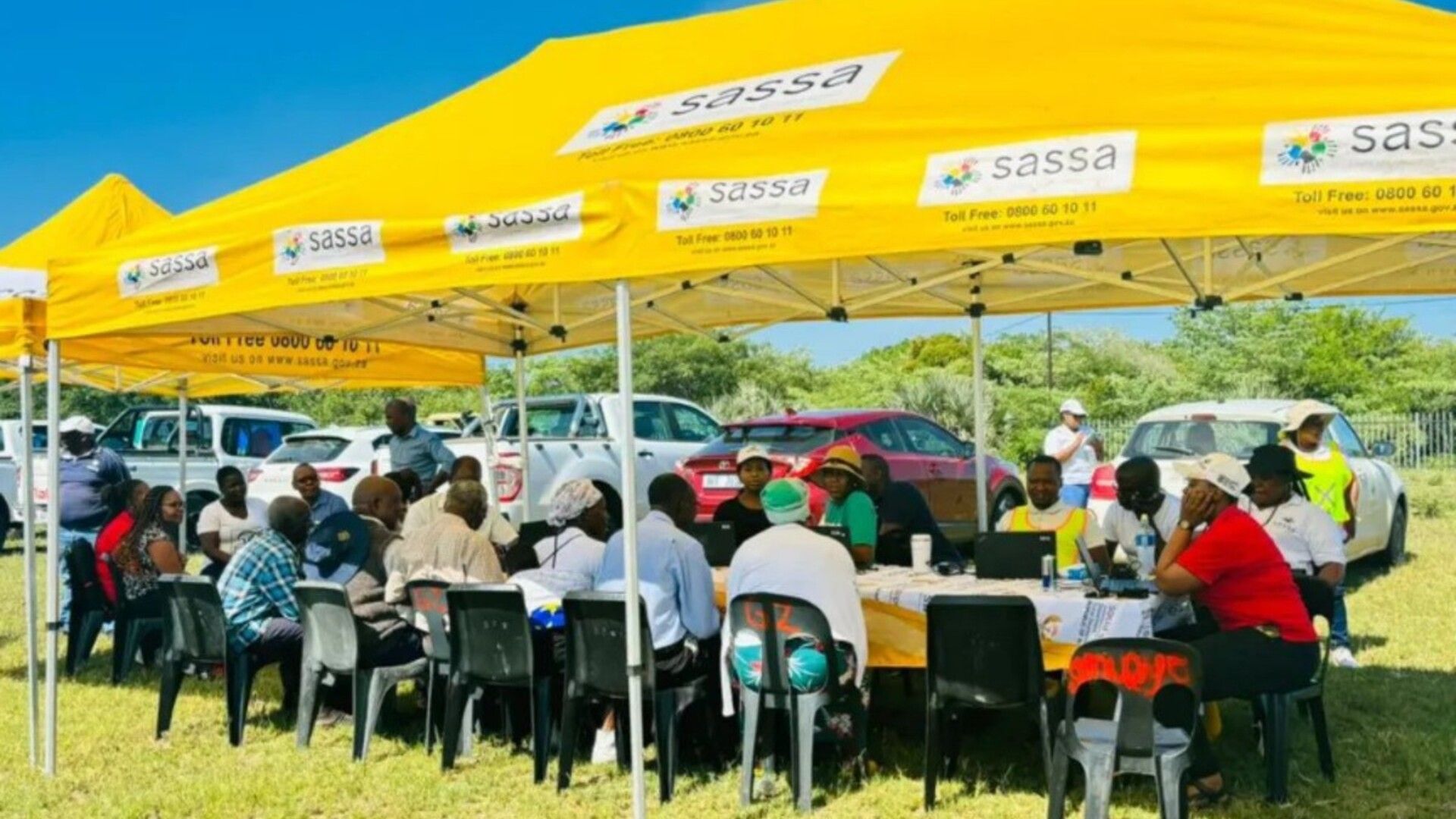Applying for a SASSA grant can provide vital financial support. Receiving a rejection notice can feel overwhelming, but it’s not the end of the road. Understanding why your application was denied and knowing the next steps can make a big difference.
Common Reasons for SASSA Grant Rejection
SASSA rejects applications for various reasons. Here are some of the most common:
Incomplete Paperwork
Missing or incorrectly filled sections can lead to automatic rejection. Always double-check your form.
Incorrect Banking Details
Inaccurate banking information prevents verification and payment processing. Ensure your details match your bank records.
Identification Issues
Discrepancies with the Department of Home Affairs records may cause rejection. Confirm all personal information is correct.
Means Test Failure
If your income or assets exceed the threshold, your application will be denied. Be aware of these limits before applying.
Alternative Income Sources
Receiving another grant or having additional income can disqualify you. Check the specific grant’s criteria.
Age Restrictions
Each grant has age limits. For example, child support grants are only for children under 18.
Fraud Concerns
SASSA investigates any suspicions of fraudulent activity linked to applications. Discrepancies could result in denial.
Data Conflicts with Other Agencies
Conflicts with records from the Unemployment Insurance Fund (UIF) or other government agencies can impact your application.
Steps to Take After a SASSA Rejection
A rejection doesn’t mean you should give up. You have the right to appeal within 30 days. Follow these steps:
Log in to the SASSA Services Portal
Visit the official SASSA website.
Enter Your Details
Provide your ID number and mobile phone number.
Verify with a One-Time PIN
You’ll receive a PIN via SMS. Enter this to proceed.
Select the Rejected Month
Choose the specific month for the appeal.
State Your Reason for Appeal
Select from the available options that best explain your case.
Submit Your Appeal
Double-check your information before submitting.
Important Appeal Considerations
Stay persistent. You can appeal multiple times if you believe the rejection was incorrect. Ensure all documents are up to date to avoid simple errors. Remember, the process can take up to three months. SASSA will inform you of the decision via SMS or email.
Contact SASSA for Help
If you have questions, use these contact methods:
Keep all correspondence and records related to your application and appeal. This can help resolve future issues.
Common Mistakes to Avoid
Avoid these frequent errors:
- Missing Deadlines: Late submissions for applications or appeals will result in disqualification.
- Incorrect Information: Mistakes in banking or identification details are leading causes of rejection.
- Ignoring Eligibility Criteria: Verify that you meet all conditions before applying.
Alternatives if Your Appeal Fails
If your appeal is denied, you still have options. You can reapply if your situation changes. Consider other support sources:
- Unemployment Insurance Fund (UIF): If you recently lost your job, you may qualify for UIF benefits.
- NGOs and Community Programmes: Local non-profits often offer food, shelter, and other support.
- Local Government Assistance: Check with your municipality for temporary aid programmes.
Stay Informed and Persistent
A SASSA rejection can feel discouraging, but the appeal process ensures fairness. Many applicants succeed by staying persistent and following the correct steps. With patience and accurate information, you can navigate the system and secure the aid you need. Remember, you have the right to appeal.
Has Your SASSA Grant Application Ever Been Rejected? What Did You Do?
Let us know by clicking on the comment tab below this article by emailing info@thesouthafrican.com, or by sending a WhatsApp to 060 011 021 1.
You can also follow @TheSAnews on X and The South African on Facebook for the latest news.
